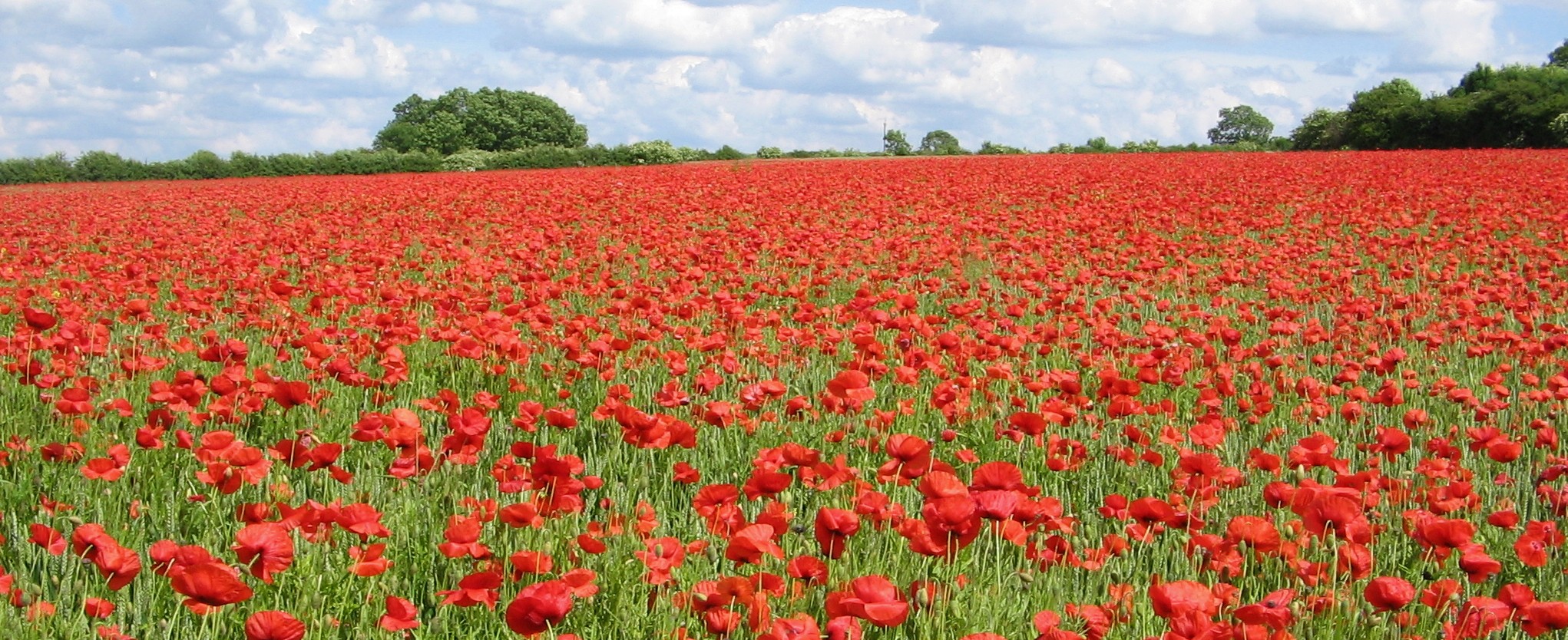
“In Flanders Field, the poppies blow” – John McCrae
It is true that everyone I know has a relative who fought in the First World War, and this is also true of my own family. It’s strange to think that people you’re actually related to really fought and died in the war, and this brings out a kind of morbid fascination in most people, to see who their relatives were, what they did, how they died. I’m no different, and I spent two or three hours website-hopping before writing this article, trying to find inspiration on what to write. What I did find was information about my great great-uncle, Harry Skeen. A solider – a private – and a true Yorkshire lad, he enlisted two years below the age threshold, at sixteen, to the Duke of Wellington’s West Riding Regiment and was sent to the Western Front almost immediately… another victim of jingoism and the propaganda produced by the population – propaganda which included poetry.There was certainly a turning point in the genre and type of poetry produced during the war. When war was announced, the country was gripped by a patriotic fervour that was echoed in the writings of people around that time as people flocked to sign up, enlisting in ‘Pals Battalions’, many of which never returned. A good poem from around this time is John McCrae’s ‘Flanders Fields’, which is firmly written in the spirit of ‘jingoism’: that unquestioning patriotism that led so many men to sign up. Although McCrae doesn’t flinch from the death toll in the war, describing the ‘crosses/ Row on row’, he uses it instead to galvanise the readers, telling us that he considers it our duty to continue the work left undone by the dead. McCrae tells us to ‘take up our quarrel with the foe’ and to hold ‘the torch’,saying that the sacrifice of the Dead must be honoured. This call to honour the memory of the dead is increased by his warning that if ‘ye break faith…we shall not sleep’. Poems like this at the start of the war were common, and further incited the masses to pursue their dreams of the glory that they imagined was waiting for them at the front.

The First World War was characterised by trench warfare.
A terror hangs over our heads
I scarcely dare to think
Of the awful doom that each one dreads
From which the bravest shrink.
It’s not the crushing shrapnel shell
It’s not the sniper’s shot,
It’s not the machine gun’s bursts of Hell,
These matter not a jot.
It’s a far worse thing than that, son,
With which we have to grapple.
It’s if we see another one
More tin of plum and apple.
And maybe that was the best side of trench poetry, in that it brought out the human side of the war: the feelings and actions of the men who fought and died as individuals, rather than characterising them as one unknowable body of people engaged in an incomprehensible catastrophe. One hundred years later we can still feel its power. Whether it documented the patriotic fervour that gripped the nation, the horror of the realities of trench life, or simply the day-to-day minutiae described by the soldiers, it’s easy to say that even in this day and age, that era in poetry remains a worthy contribution to the genre and, quite possibly, a timeless one.


